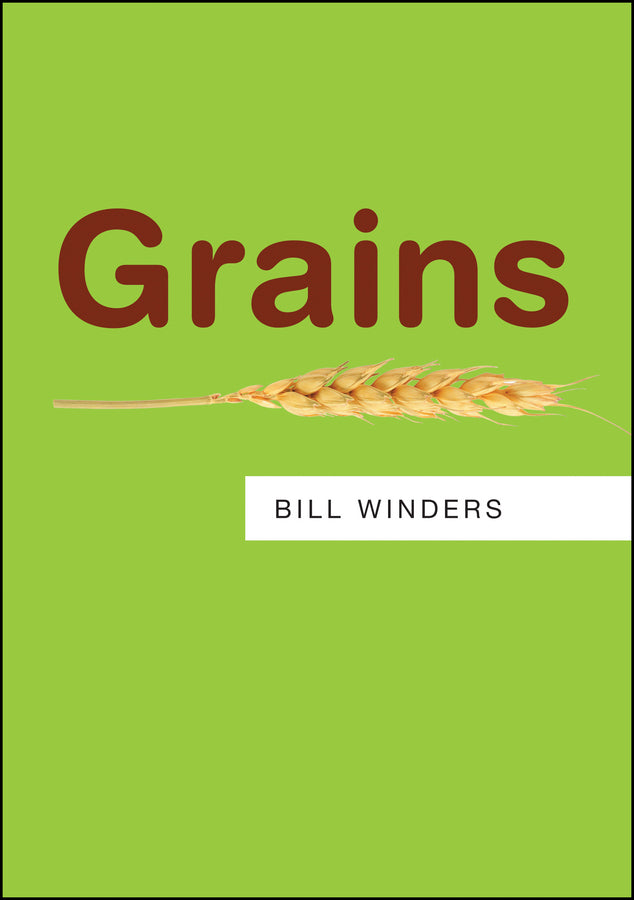Description
Discover the intricate world of Grains, a vital component of diets globally, including maize, rice, and wheat. This insightful literature highlights their significant role in national and international policies, food security, and pressing issues like biotechnology and climate change. Written by Bill Winders, this detailed volume unveils the complex narratives behind the global economy of feed and food grains. It addresses crucial questions: Why are grains pivotal? What geopolitical conflicts arise from their dominance? This book examines the power dynamics of grain production and distribution, showcasing how corporate control shapes who grows grains and who consumes them. Delve into the economic interests and policy implications surrounding grains, revealing how even minor differences can lead to significant geopolitical repercussions. Ideal for social science students and anyone interested in current global affairs, this authoritative guide not only enriches understanding but also provokes thoughtful discussion about the future of food systems. With 240 pages of compelling insights published by John Wiley & Sons in 2016, it is an essential addition to your library. Note: Shipping for this item is free. Please allow up to 6 weeks for delivery. Once your order is placed, it cannot be cancelled. Condition: BRAND NEW. ISBN: 9780745688046.
Note: Shipping for this item is free. Please allow up to 6 weeks for delivery. Once your order is placed, it cannot be cancelled.
Condition: BRAND NEW
ISBN: 9780745688046
Year: 2016
Publisher: John Wiley & Sons (UK)
Pages: 240
Description:
Grains - particularly maize, rice, and wheat - are the central component of most people™s diets, but we rarely stop to think about the wider role they play in national and international policy-making, as well as global issues like food security, biotechnology, and even climate changeBut why are grains so important and ubiquitous? What political conflicts and economic processes underlie this dominance? Who controls the world™s supply of grains and with what outcomes? In this timely book, Bill Winders unravels the complex story of feed and food grains in the global economy Highlighting the importance of corporate control and divisions between grains - such as who grows them, and who consumes them - he shows how grains do not represent a unitary political and economic force Whilst the differences between them may seem small, they can lead to competing economic interests and policy preferences with serious and, on occasions, violent geopolitical consequencesThis richly detailed and authoritative guide will be of interest to students across the social sciences, as well as anyone interested in current affairs.
Note: Shipping for this item is free. Please allow up to 6 weeks for delivery. Once your order is placed, it cannot be cancelled.
Condition: BRAND NEW
ISBN: 9780745688046
Year: 2016
Publisher: John Wiley & Sons (UK)
Pages: 240
Description:
Grains - particularly maize, rice, and wheat - are the central component of most people™s diets, but we rarely stop to think about the wider role they play in national and international policy-making, as well as global issues like food security, biotechnology, and even climate changeBut why are grains so important and ubiquitous? What political conflicts and economic processes underlie this dominance? Who controls the world™s supply of grains and with what outcomes? In this timely book, Bill Winders unravels the complex story of feed and food grains in the global economy Highlighting the importance of corporate control and divisions between grains - such as who grows them, and who consumes them - he shows how grains do not represent a unitary political and economic force Whilst the differences between them may seem small, they can lead to competing economic interests and policy preferences with serious and, on occasions, violent geopolitical consequencesThis richly detailed and authoritative guide will be of interest to students across the social sciences, as well as anyone interested in current affairs.

